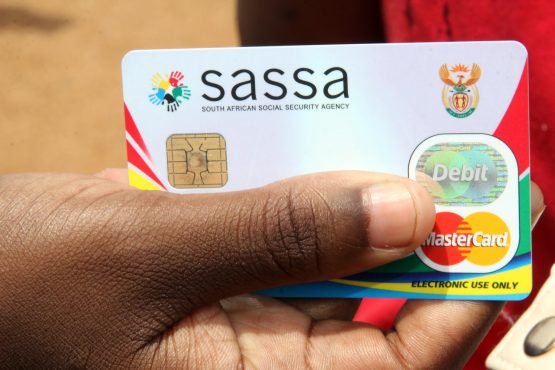The Department of Social Development (DSD), in collaboration with the Republic of Mozambique, is participating in the Cross Border Coordination Working Group Meeting, taking place today at the Chilli Pepper Hotel in Nelspruit, Mpumalanga. This crucial engagement brings together government and civil society stakeholders to address shared social development challenges in the region—particularly those affecting children, families, and migrants across borders.
This meeting serves as a platform to strengthen the coordination of cross-border activities and collaboration between South Africa and Mozambique in the implementation of social development programmes aimed at promoting the care and protection of vulnerable children in the border towns of the two countries.
As the custodian of the Children’s Act (Act No. 38 of 2005), the Department is mandated to ensure the care, protection, and well-being of all children in South Africa, including those affected by migration, trafficking, and displacement. The Act provides the legislative framework for integrated child protection services and outlines the State’s responsibilities in upholding children’s rights in both domestic and cross-border contexts.
The meeting is taking place during Child Protection Month, commemorated annually in May under the Child Protection 365 Programme. This year’s theme reinforces the message that child protection is not a once-off campaign but a sustained commitment to creating safe, nurturing environments for children—wherever they may be, and regardless of their nationality or documentation status. The meeting is therefore timely and critical in reinforcing regional strategies to prevent and respond to child abuse, neglect, trafficking, and exploitation.
The Department, through its International Relations Directorate and Branch: Welfare Services, is leading this bilateral engagement in line with South Africa’s commitment to regional integration and social cohesion. Discussions will include:
· Joint progress reporting on cross-border child protection
· Sustainability planning for coordination mechanisms
· Case management practices for vulnerable children in migration
· Alignment of child indicators and development of a 2025 joint action plan
Importantly, South Africa is a signatory to key international instruments, including the United Nations Convention on the Rights of the Child (UNCRC) and the African Charter on the Rights and Welfare of the Child (ACRWC). These treaties oblige the State to protect children from harm, provide access to services, and uphold their right to identity, care, and participation—regardless of borders.
Through platforms like the Cross-Border Coordination Working Group, South Africa reaffirms its role in advancing these international commitments and promoting shared accountability across governments for the protection and development of all children in the SADC region.




